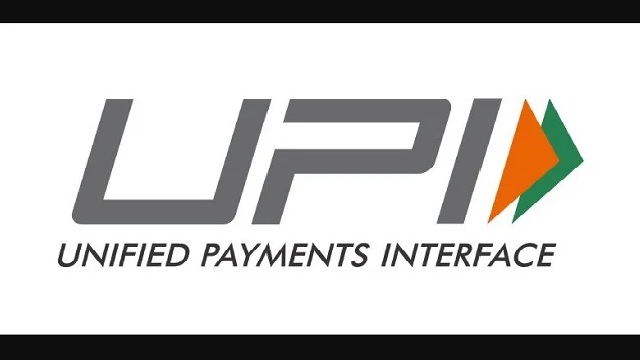RBI hikes limit for UPI payments from 1 lakh to 5 lakhs
UPI limit for payments to hospitals and educational institutions increased from Rs. 1 lakh to Rs. 5 lakh per transaction.
Chennai: To encourage the use of UPI for medical and educational services, it is proposed to enhance the limit for payments to hospitals and educational institutions from Rs. 1 lakh to Rs. 5 lakh per transaction.
Separate instructions will however be issued shortly, the Reserve Bank of India Governor added.
Enhancing the payment limits for Unified Payments Interface (UPI), electronic mandates, setting up of cloud facilities, the financial sector and fintech repository were some of the major announcements made by the Reserve Bank of India Governor, Shaktikanta Das on Friday.
Das announced these measures on Friday after declaring the Monetary Policy Committee’s decision to retain the repo rate at 6.5 per cent and predicting the gross domestic product (GDP) growth rate at 7 per cent and inflation rate at 5.4 per cent for FY24.
“To encourage the use of UPI for medical and educational services, it is proposed to enhance the limit for payments to hospitals and educational institutions from Rs1 lakh to Rs 5 lakh per transaction. Separate instructions will be issued shortly,” he said.
According to Das, the UPI is becoming popular and the transaction limit was set at Rs 1 lakh barring categories like Capital Markets (AMC, Broking, Mutual Funds and others), Collections (Credit card payments, Loan repayments, EMI), Insurance and others where the transaction limit was set as Rs 2 lakh.
In December 2021, the transaction limit for UPI payments for Retail Direct Scheme and for IPO subscriptions was increased to Rs 5 lakh.
As regards the electronic mandates, Das also said the RBI has decided to exempt the additional factor of authentication (AFA) for transactions up to Rs 1 lakh for the following categories, viz., subscription to mutual funds, payment of insurance premium and payments of credit card bills.
The other existing requirements such as pre- and post-transaction notifications, opt-out facility for users, etc., shall continue to apply to these transactions.
The RBI Governor said the number of electronic mandates registered currently stands at 8.5 crore, processing nearly Rs 2,800 crore of transactions per month.
In order to ensure the security, integrity and privacy of financial sector data, the RBI has decided to set up a cloud facility for the sector and will be operated by Indian Financial Technology & Allied Services (IFTAS) a wholly-owned subsidiary of RBI.
“Eventually, the cloud facility will be transferred to a separate entity owned by the financial sector participants. This cloud facility is intended to be rolled out in a calibrated fashion in the medium term,” Das said.
He said banks and financial entities are maintaining an ever-increasing volume of data utilising various public and private cloud facilities.
Similarly, for better understanding of the developments in the FinTech ecosystem with an objective to appropriately support the sector, Das said it is proposed to set-up a Repository for capturing essential information about FinTechs, encompassing their activities, products, technology stack, financial information and others.
FinTechs would be encouraged to provide relevant information voluntarily to the Repository which will aid in designing appropriate policy approaches. The Repository will be operationalised by the Reserve Bank Innovation Hub in April 2024 or earlier.
(IANS)




 Ms Kalinga
Ms Kalinga